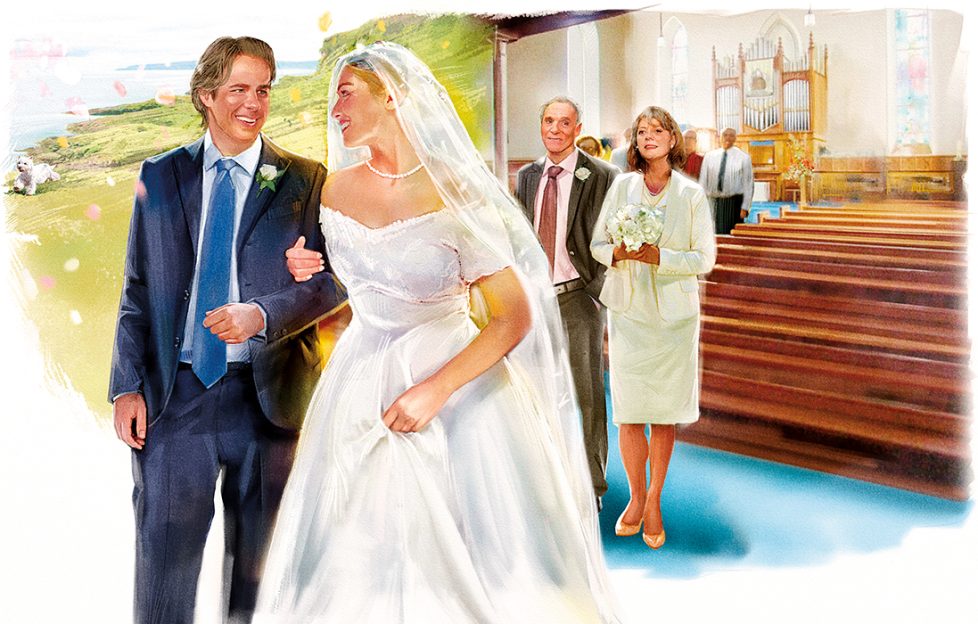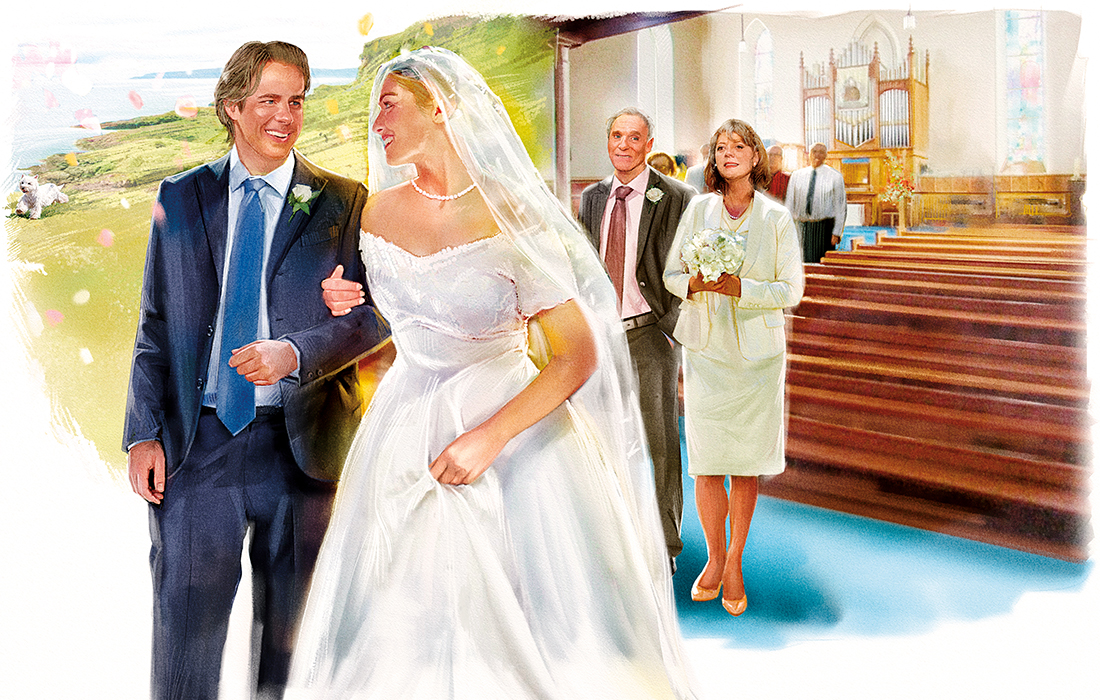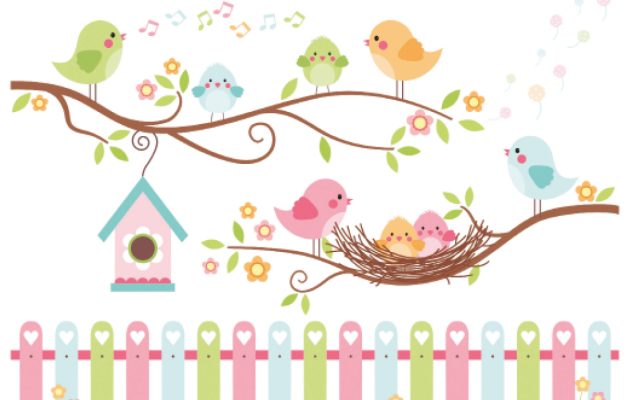There’s Always Tomorrow – Episode 35

There's Always Tomorrow by Mark Neilson
« Previous Post- 1. There’s Always Tomorrow – Episode 01
- 1. There’s Always Tomorrow – Episode 35
This was what she had wanted all along. It was what was needed if the community shop was to continue and prosper.
She was on the brink of achieving what she had fought to achieve, yet she felt flat.
Wullie studied her.
“Tell you what,” he began. “There’s a wee pub down in ’Bervie that does the best meals in the county. How about I take you tonight? You look fair wabbit.”
“I look what?” Lorna asked.
“Tired,” he explained with a grin. “In need of somebody to carry you off to be fed and watered, and fan your soup to the right temperature wi’ his bunnet.”
It had the effect he intended and Lorna burst out laughing.
“And you’re volunteering?” she asked. “With that bunnet?”
“I could fetch my best bunnet for the job.”
“All for me?” she asked, still smiling.
“Aye,” Wullie replied, his voice suddenly quiet.
They looked at each other, and what they saw needed no words.
“Wullie,” Lorna answered quietly. “I’d be honoured.”
“Right,” he said, drawing her to her feet. “Let’s get back to your cottage and I’ll make ye another cup of tea.”
A grin flickered on his face.
“And maybe a nice wee scone?”
“Pass on the scone.” Lorna smiled. “The seagulls can have what’s left.”
He was winding her up, and she loved it when he teased her like this.
She had taken herself and her whole life far too seriously. Wullie was good for her.
Then a thought struck her: she knew so little about his background.
“Wullie,” Lorna began hesitantly. “Can I ask you something personal?”
“Ye can ask,” Wullie said. “I might even answer.”
Now the opportunity was there, she couldn’t find the words and she blushed.
“Aye,” he said quietly. “I was married for thirty years to the nicest lass I ever met. She’s been dead the last twelve years and I’ve never so much as looked at another woman . . .”
His voice broke and he swallowed.
“Until now,” he finished quietly.
Helen was upstairs the next morning, giving the bedroom a quick tidy, when the door of the cottage crashed open.
“Helen?” It was Larry’s voice. “Where are you?”
“Upstairs,” she shouted and came hurrying down. “What is it?”
“The dolphins!” he said. “They’re here. They’ve been seen in the bay at St Cyrus. Quick, bring the dogs!”
“What dolphins?” she asked blankly.
He hauled her jacket off the hook where it was hanging and thrust it at her.
“Hurry up!” he urged.
The dogs had caught his excitement and were barking around her feet until she couldn’t think.
He almost dragged her out and bundled her into her van. He and the dogs piled in and Hamish tried to sit in her lap.
Helen bundled the little chancer into the rear.
“What’s this about?” she asked, starting the van.
“Every year we get pods of dolphins heading up to the Moray Firth.
“Have you ever seen a dolphin? They’re one of the most intelligent species in the world,” Larry stated.
“No. And did you say
St Cyrus?” Helen asked.
It would be useful to know where she was going.
“Yes, St Cyrus, where the little church sat on top of the cliff.”
It was a sunny day: the kind of day the Mearns seemed able to produce effortlessly, with a sun to tempt you out, and a wind to make you wish you had pulled on a cardigan first.
Already she loved this place, the land and people. She felt happier here, more at peace with herself, than she could remember.
“What happens if the dolphins have gone?” Helen asked, accelerating.
“We wait to see if they come back. Or take the dogs for a walk down the cliff to the beach.”
Helen passed a tractor on the main road and headed towards Johnshaven and St Cyrus, the sea lying like burnished silver beyond the fields, under the morning sun.
She pulled into the car park of the St Cyrus church with a sense of déjà vu. This was where Larry had first taught her to love the countryside she had chosen as her home.
Larry hurried her and the dogs down the lane beside the school to the cliff edge, where about a dozen people were standing.
“Are they here?” Larry asked one of them.
The man shook his head.
“There’s been no sign for two hours. We’re giving it ten minutes, then going.”
Helen saw Larry’s crestfallen face.
“It doesn’t matter,” she said gently. “We can go for a walk.”
They waited for 20 minutes but nothing was stirring in the bay.
“Let’s go down,” Larry suggested. “The path’s steep so be careful.”
As they walked down the path, with three dogs running in front of them, and Bess shepherding them from behind, Larry called over his shoulder.
“I’ve been thinking about what you said yesterday about my paintings.”
“And?” she prompted.
“It’s true. I don’t take them seriously. They’re just something I enjoy doing.
“Is there a way we can find someone to come in and look at them to see if they have any merit?”
“I don’t know,” Helen replied. “But we can try.”
When they reached the bottom, Larry spoke again.
“You gave me good advice,” he said quietly. “I lay all night thinking about it. Can I try to do the same for you?”
“I’m listening,” Helen replied, falling in beside him.
She felt his hand reach out and take hers.
“You can’t hide for ever,” Larry said. “I watched you yesterday. You were totally professional, a nurse handling a crisis, diagnosing the problem and giving instructions.
“You were so gentle and supportive to Betty. Whatever happened to you in the past belongs to the past. You mustn’t let it cast a shadow over your life for ever.
“Stop hiding away and go back to work. You’re a natural nurse,” Larry finished.














